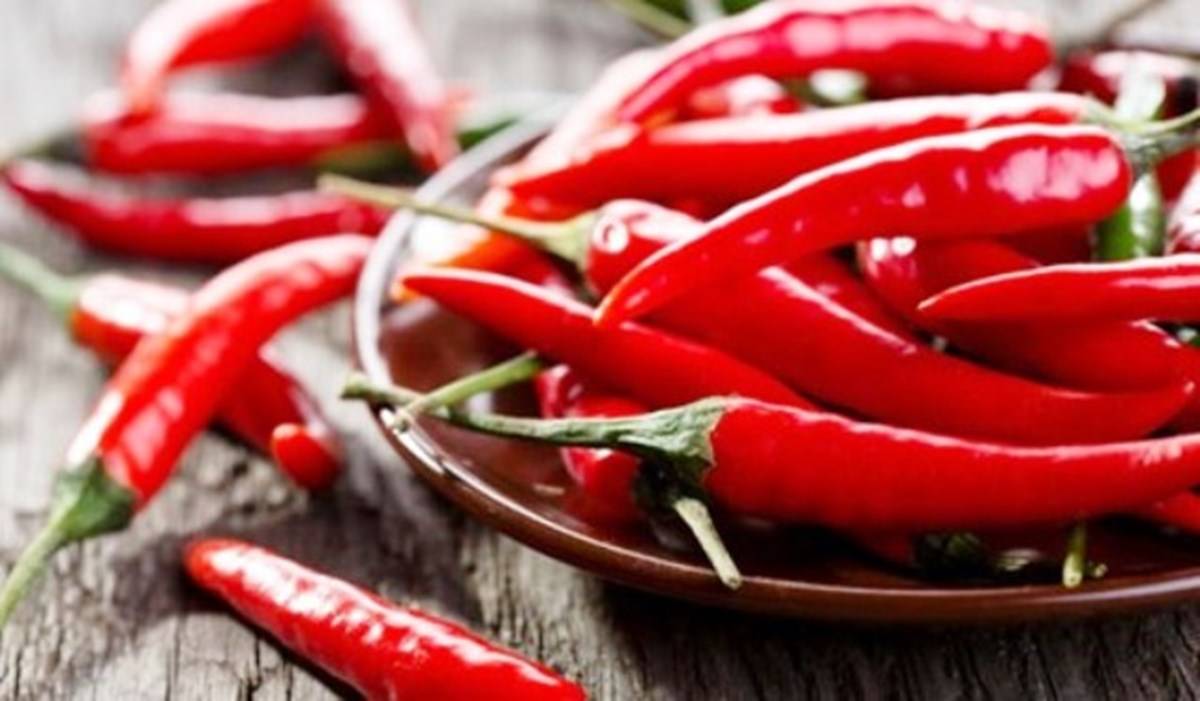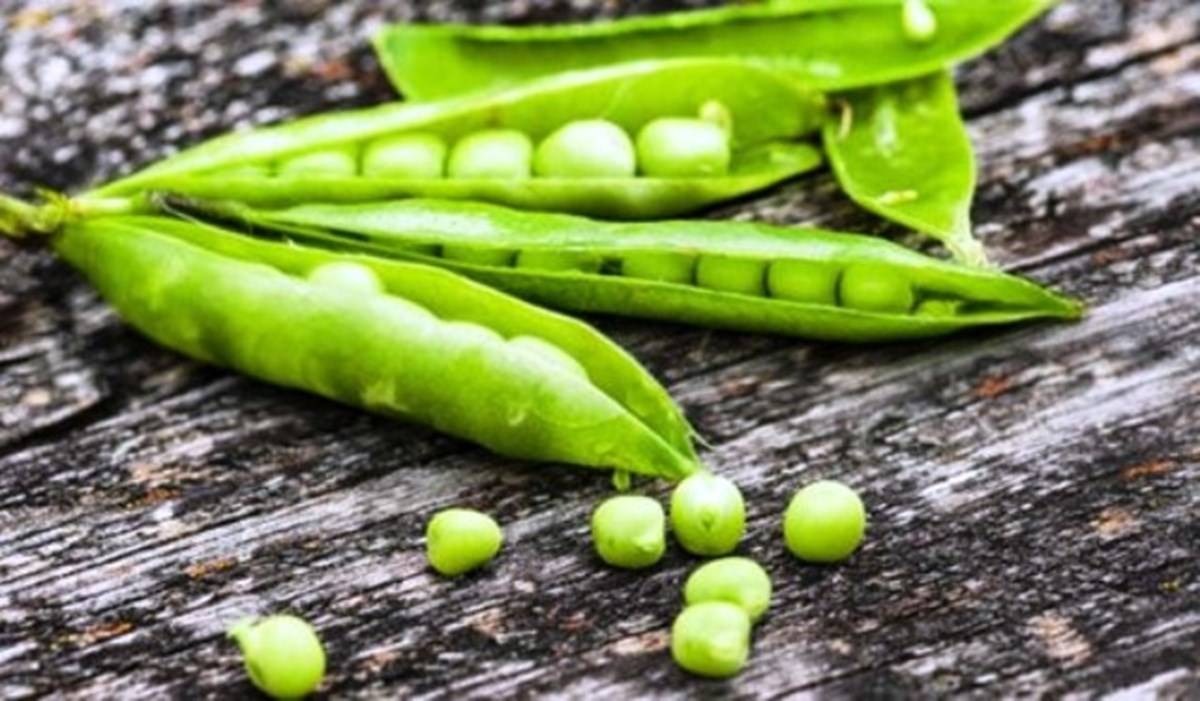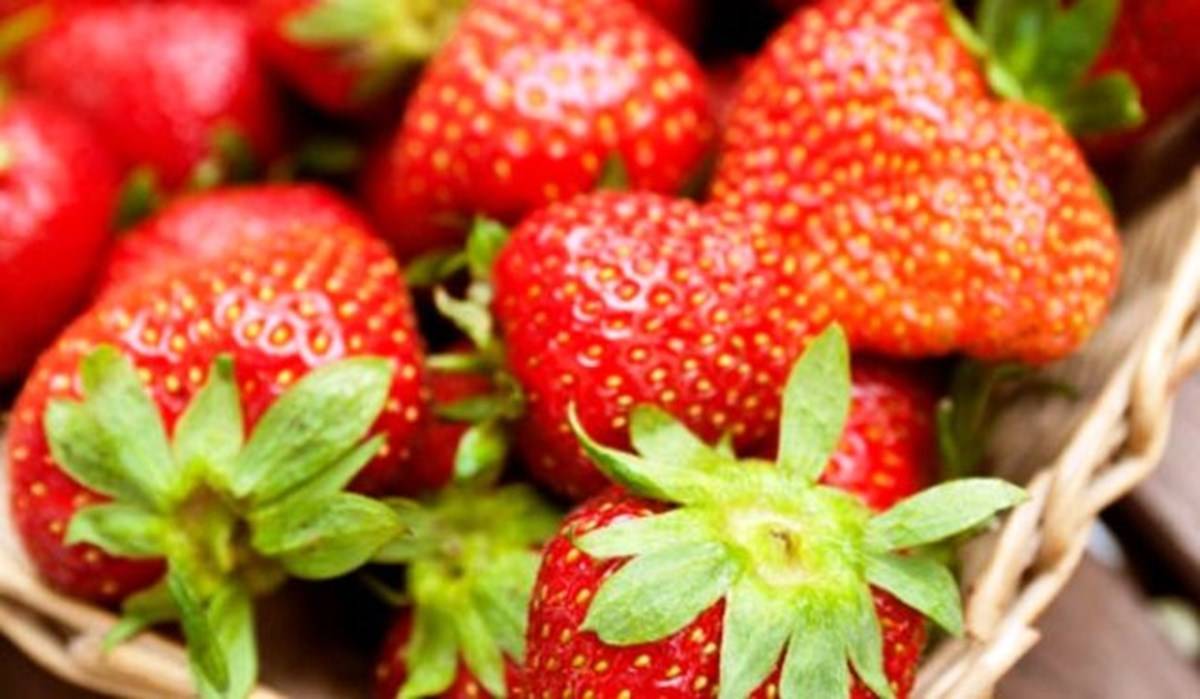
Do pesticides penetrates in fruits? The fact behind the scenario is to talk worthy as being the hottest topic of today's agriculture. Fruits and vegetables we consume nowadays are covered with a layer of wax to protect them from rotting but it doesn’t mean that they are free from pesticides. Pesticides are so much penetrated in our food chain that they are found beneath the skin.
Pesticides sprayed on fruits and vegetables accumulate on the outer peel or skin, but the skin does not form an impermeable barrier, and some pesticides are actually designed to be absorbed into the tissue of the fruit or vegetable to protect it from pests that penetrate the skin to suck out the liquid inside

If you’re trying to prioritize which fruits and vegetables to buy organic, check the “Dirty Dozen” and the “Clean Fifteen,” as well as Consumer Reports’ Always Buy Organic list. Both make recommendations based on tests of pesticide residues on fruits and vegetables, done by the United States Department of Agriculture after the produce has been washed.
Cantaloupe is on the “Clean Fifteen” list, meaning it has relatively low levels of pesticide residues.
Apples, on the other hand, are on the “Dirty Dozen”, meaning they’re high in pesticides, ranking fourth most contaminated after strawberries, spinach and nectarines. Cucumbers barely escaped the “Dirty Dozen,” ranking 13th from the top for pesticide residues.
If you buy conventional apples, wash them in a solution of baking soda and water. A recent study by Dr. He, published in the Journal of Agricultural and Food Chemistry, found baking soda solution was more effective than either plain water or a bleach solution at removing pesticide residues from the surface of the peels, but the fruit had to be immersed for up to 15 minutes before being rinsed.

Even then, washing didn’t remove pesticide residues that had penetrated deep into the peel or through the peel to the flesh of the fruit. Peeling might be effective, the researchers said, but would involve a loss of the nutrients in the skin.
Cucumbers and apples are both covered by a natural protective layer of wax, but once pesticides diffuse through that layer, rinsing them off becomes harder, said Dr. Jeffrey Jenkins, director of the National Pesticide Information Center. And when distributors apply yet another layer of wax to these fruits and vegetables to preserve them for shipping, he said, “that kind of seals in the residues, and all the washing in the world probably isn’t going to have much effect on removing them.”
Mail me: sangeeta@krishijagran.com








